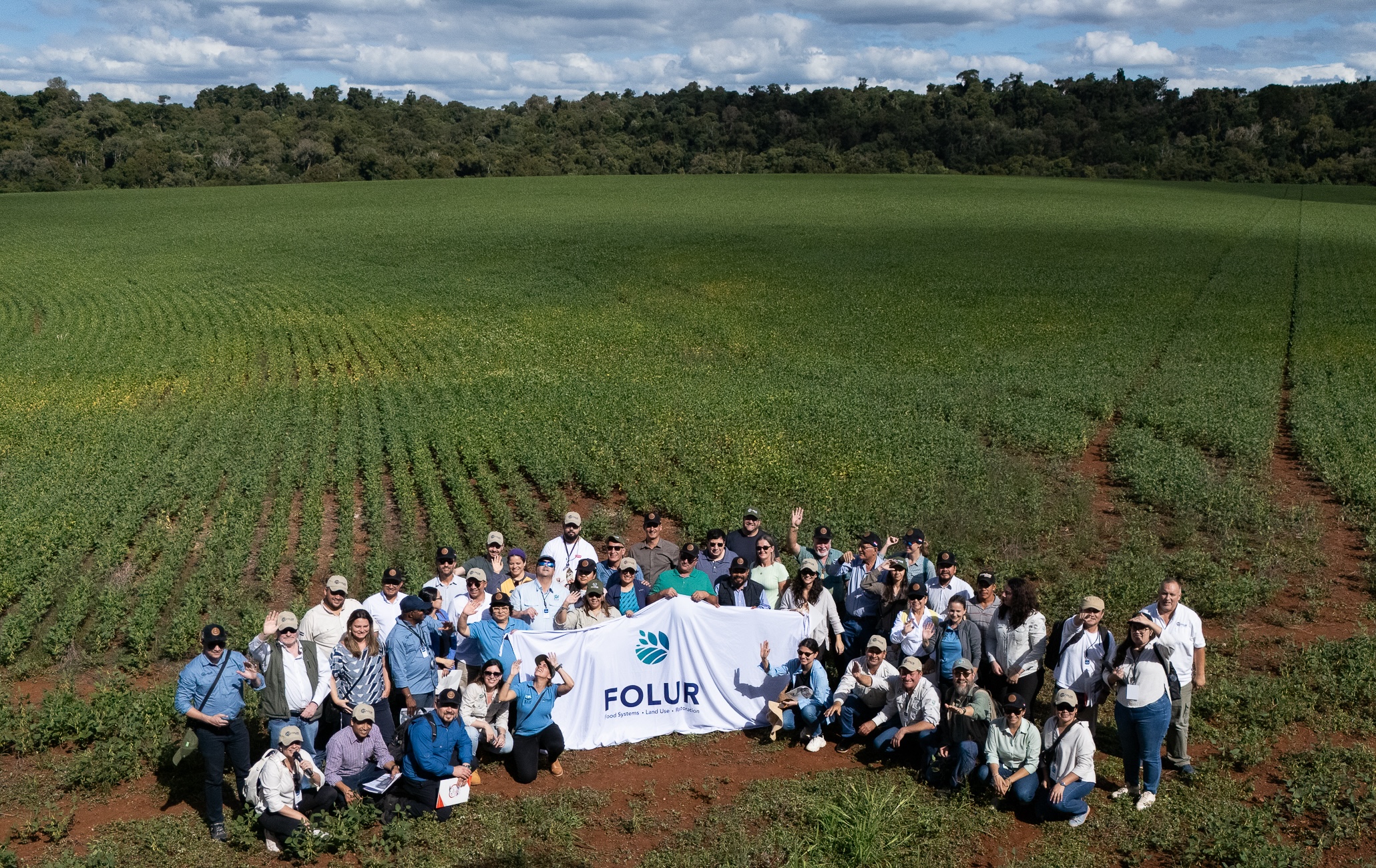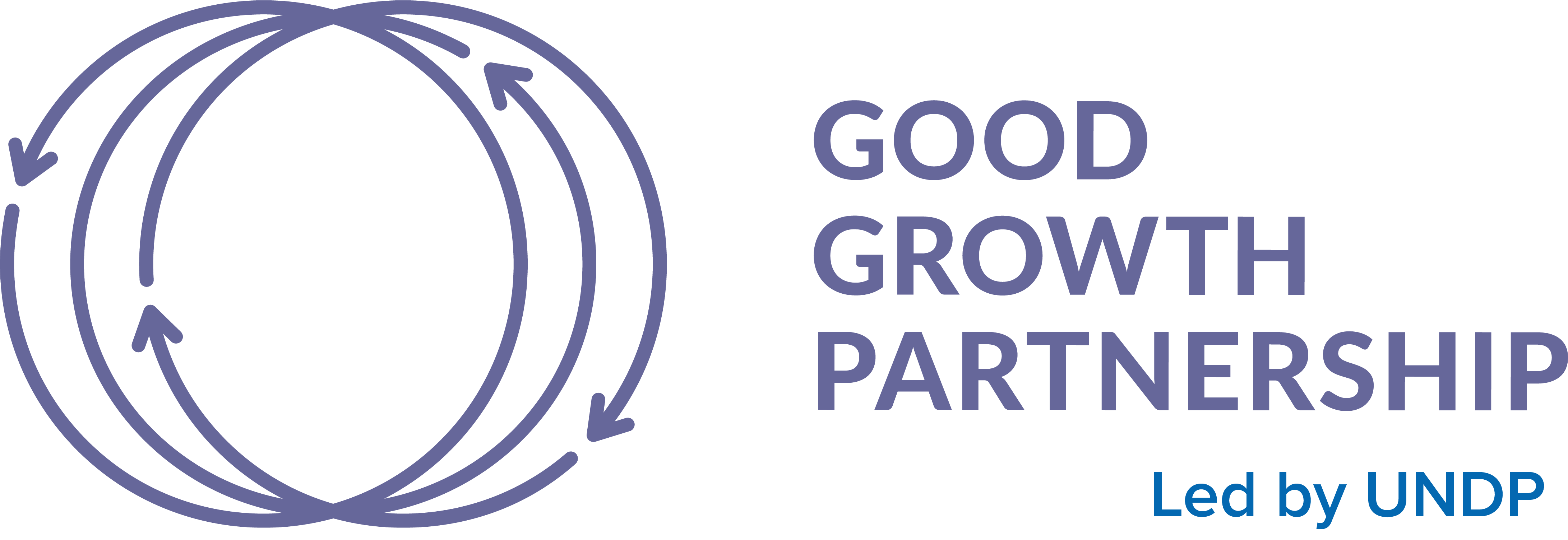
__________
By Chris Brett and Dinara Akhmetova, joint managers of the Food Systems, Land Use and Restoration Impact Program
Cross-country learning and knowledge exchange can play a powerful role in improving food systems and facilitating land restoration.
At the recent Latin America Regional Workshop led by the Food Systems, Land Use and Restoration (FOLUR) Impact Program and co-hosted by the government of Paraguay, we provided a forum for 40 participants including country and project representatives from Brazil, Guatemala, Mexico, Nicaragua, Paraguay and Peru to share challenges and successes.
The workshop – held from April 7 to 12, 2025 in Ciudad del Este, Paraguay – also addressed several key implementation challenges across FOLUR Latin American projects. The event served as a platform for the exchange of experiences and strategies among participating countries on topics such as landscape restoration, environmental governance, and the strengthening of sustainable value chains, fostering regional learning and cooperation.
We also discussed how best to streamline operational efficiency, enhance policy coherence across government ministries, improve private sector engagement, and access innovative financing mechanisms.
Country project representatives showcased complementary approaches to improving sustainable practices. Paraguay, for example, highlighted its restoration efforts through the application of advanced restoration practices and nature-based solutions in a presentation of the Pilot Plan for Regenerative Intensive Rotational Grazing (PRIR) implemented in the Chaco region in collaboration with the Asociación de Productores de Agua Dulce (APAD). Paraguay also demonstrated that direct government and producer and farmer-to-farmer engagement is essential for scaling up sustainable practices.
Participants from Peru, Paraguay and Mexico also shared early success stories showing how area-based approaches and extension services can effectively engage local farmers and Indigenous populations while promoting gender equality. Additionally, the workshop explored tools, including the use of the W+ certification standard in Mexico to promote gender empowerment and to assess the impact of affirmative actions, emphasizing the need for enhanced monitoring and evaluation frameworks to measure increased inclusion.
Country Project Clinics involved detailed, customized sessions, which allowed country representatives to work directly with Global Environment Facility (GEF) and FOLUR leads to address specific needs and challenges.
FOLUR is a $345 million, seven-year initiative funded by GEF and led by the World Bank. Seeking to transform food and land use systems, the program consists of a Global Knowledge Platform and 27 country projects. Country-level work focuses on accelerating action in landscapes and along value chains for eight major commodities, including livestock, cocoa, coffee, maize, palm oil, rice, soy and wheat.
Participants at the Paraguay workshop included public sector representatives from executing agencies, officials from implementing agencies, and speakers from the private sector.
FOLUR core partners attending the event included the Food and Agriculture Organization of the United Nations (FAO), International Finance Corporation (IFC), Good Growth Partnership led by the United Nations Development Programme (GGP-UNDP), Food and Land Use Coalition (FOLU) partners, World Business Council for Sustainable Development (WBCSD) and World Resources Institute (WRI).
A field trip to the Naranjal district of Paraguay's Alto Paraná department involved visits to producers Valdimir Bianchessi, Alvaro Gava, Vilmar Michel and the COPRONAR Cooperative, implementing such sustainable practices as crop rotation and no-till farming.
The excursion included a visit to the nomadic Aché Indigenous community of Colonia Puerto Barra, which is entirely dependent on wild forest resources for subsistence. Support from FOLUR enabled the development of honeybee production. Their honey is now sold in Paraguay markets for profit.
The workshop concluded with countries developing action plans to identify technical assistance needs and next steps to achieve project objectives.







